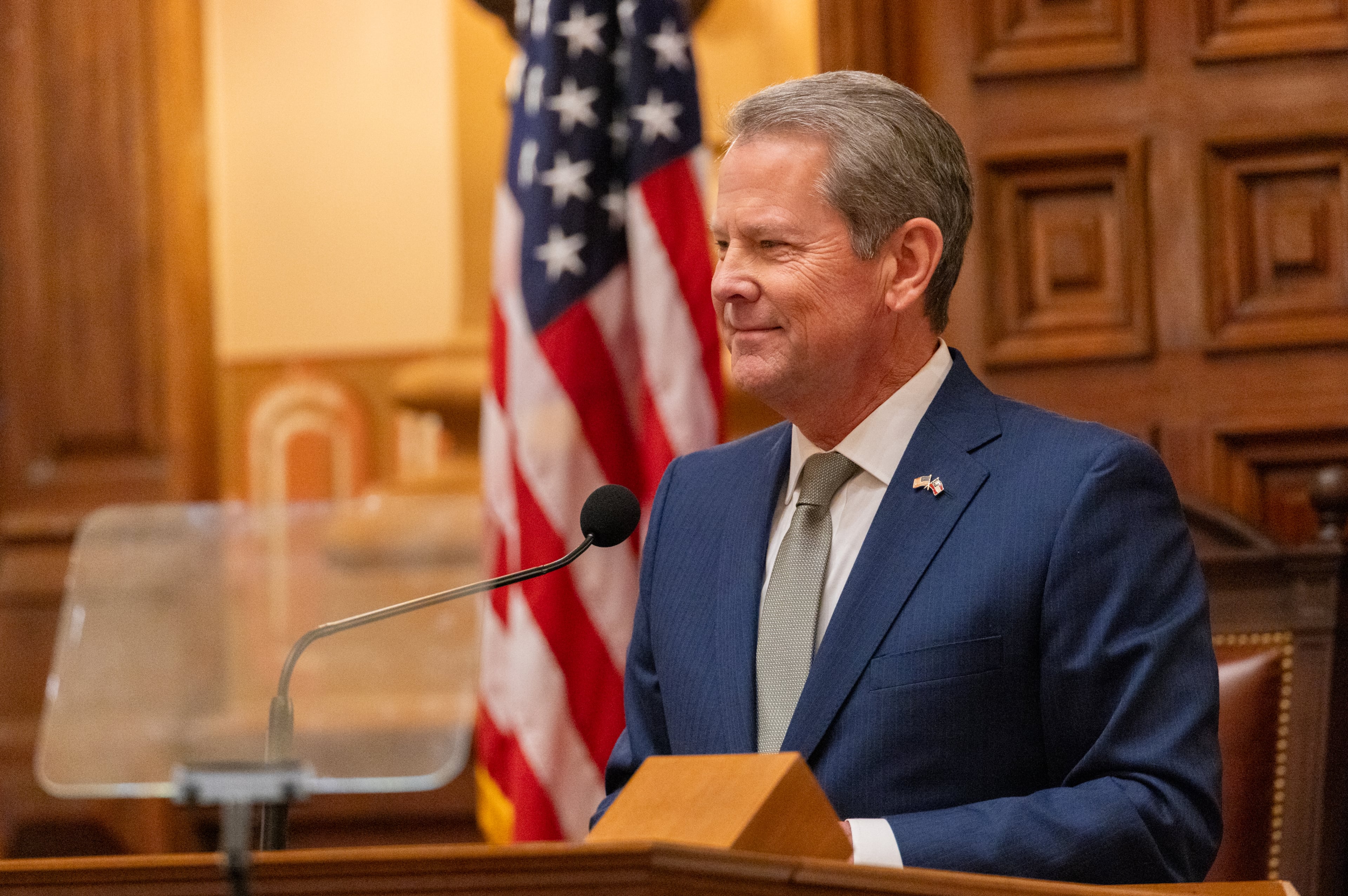Report finds $500 million ‘gap’ for city’s affordable housing goals

A report for the Atlanta Housing Authority on how to meet demand for new housing has revealed a possible $500 million funding gap, as the agency tries to reach its goal of creating and preserving thousands of affordable housing units in five years.
The nonprofit group Urban Land Institute said the public agency has a “robust” five-year strategic and development plan to meet its ambitious goal of 10,000 affordable housing units by fiscal year 2027.
According to the new study, the total cost of the housing authority’s development pipeline is about $2.1 billion, excluding infrastructure, and the authority will bring 250 acres of vacant land, investment capital, and 2,000 project-based housing vouchers to help meet its goals.
However, these “assets fall short of the total resources required but offer excellent opportunities for leverage — the greater the leverage, the more affordability and the greater the likelihood that [Atlanta Housing] will achieve its goals,” the report states.
An expert advisory panel which convened last year to work with the authority on the report found a “potential” funding gap of about $500 million in capital investment. Additionally, there is a lack of infrastructure to support mixed-used development on vacant, undeveloped land for affordable housing with “a funding gap of about $1 million per acre to support infrastructure development,” the nonprofit said.
The agency will leverage its status as a public agency in the U.S. Department of Housing and Urban Development’s Moving to Work program to look for funding sources and partners to “fill this critical need,” according to the nonprofit.
Atlanta Housing’s chief operating officer Dwayne Vaughn said officials are addressing the shortfall.
“Our efforts include challenging our development partners to lower costs through value engineering and reducing our carbon footprint to tap into federal infrastructure funding,” he wrote in an emailed statement. The authority “will also look at innovations in funding including using its tenant-based vouchers to help fund equity or debt. We remain optimistic that a reduction in interest rates will allow affordable housing developers to maximize debt and equity limits.”
In a statement to The Atlanta Journal-Constitution on Tuesday after the article published, Atlanta Housing president and CEO Terri M. Lee said the housing authority was “not singularly responsible” for funding affordable housing and expected to meet its goals through public-private partnerships. She added the private sector typically funds 60% to 70% of vertical building costs.
“To merely say that we have a funding gap is incomplete and misleading, as a funding ‘gap’ is routinely experienced in nearly every new affordable housing development and is accounted for in our standard planning and operational strategies,” she wrote in a statement.
Tyrone Rachal, chair of Urban Land Institute Atlanta, said he hopes the panel’s findings will build on the housing authority’s “strong housing ecosystem” through private and public partnerships to create and preserve the new units.
“The expert [Urban Land Institute] panel echoed Atlanta Housing’s sentiment that Atlanta needs a multipronged approach that transcends traditional funding models and emphasizes both community impact and financial sustainability,” he said in a statement.
Though the report said Atlanta is a national leader in putting a mixed-income model of real estate development to work, it suggests “it is time to refresh that original model and energize the approach to attract more partners and leveraged investments.”
Some suggestions: favoring shovel-ready projects, streamlining the requests for quotes process, and extending the time to respond to a request for proposals. The nonprofit said the window of 30 days to submit proposals was too short.
Meanwhile, the housing authority should focus on developments within a half-mile radius of MARTA stations, making the most of existing infrastructure. The U.S. Department of Transportation’s Railroad Rehabilitation & Improvement program could help secure loans for mixed-income development near transit, according to the report.
“Atlanta Housing and its development partners should further investigate whether federal or other funds would support opportunities for Atlanta bus transit stations and hubs near their properties,” the report states, adding the authority could coordinate with MARTA to tap into $35 billion in federal funds.
“This funding stream can significantly bolster mixed-income development near transit stations, aligning [Atlanta Housing’s] goals with the national agenda of promoting both affordable housing and accessible public transportation,” according to the nonprofit.
Lee added in prepared remarks: “Atlanta Housing must be known as an agency that embraces accountability, ownership, transparency, and trust in all that we do, and this report is a culmination of an open-door look into the inner workings of our agency.”



